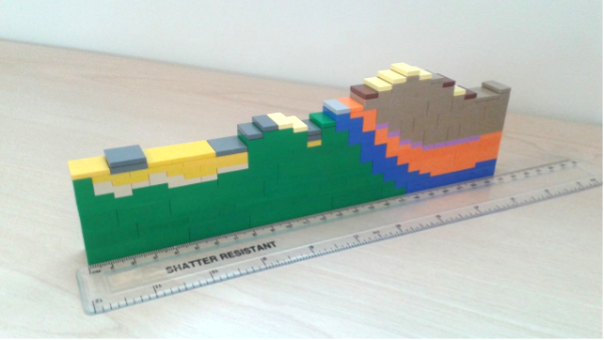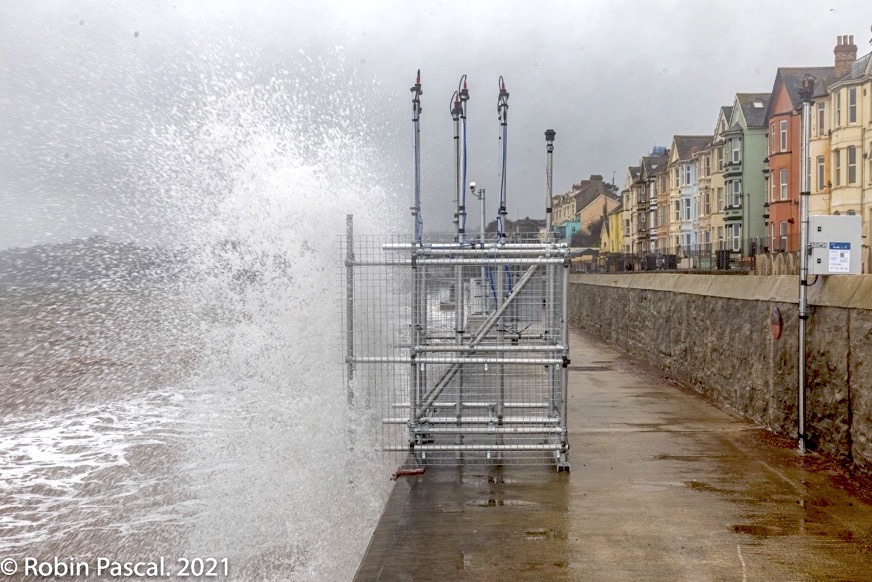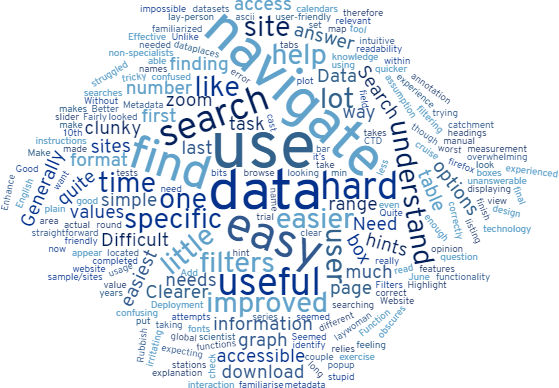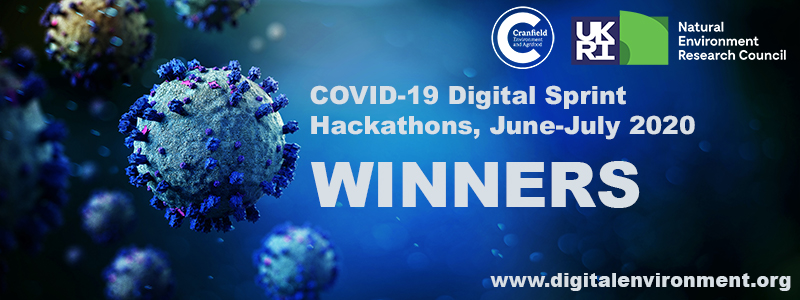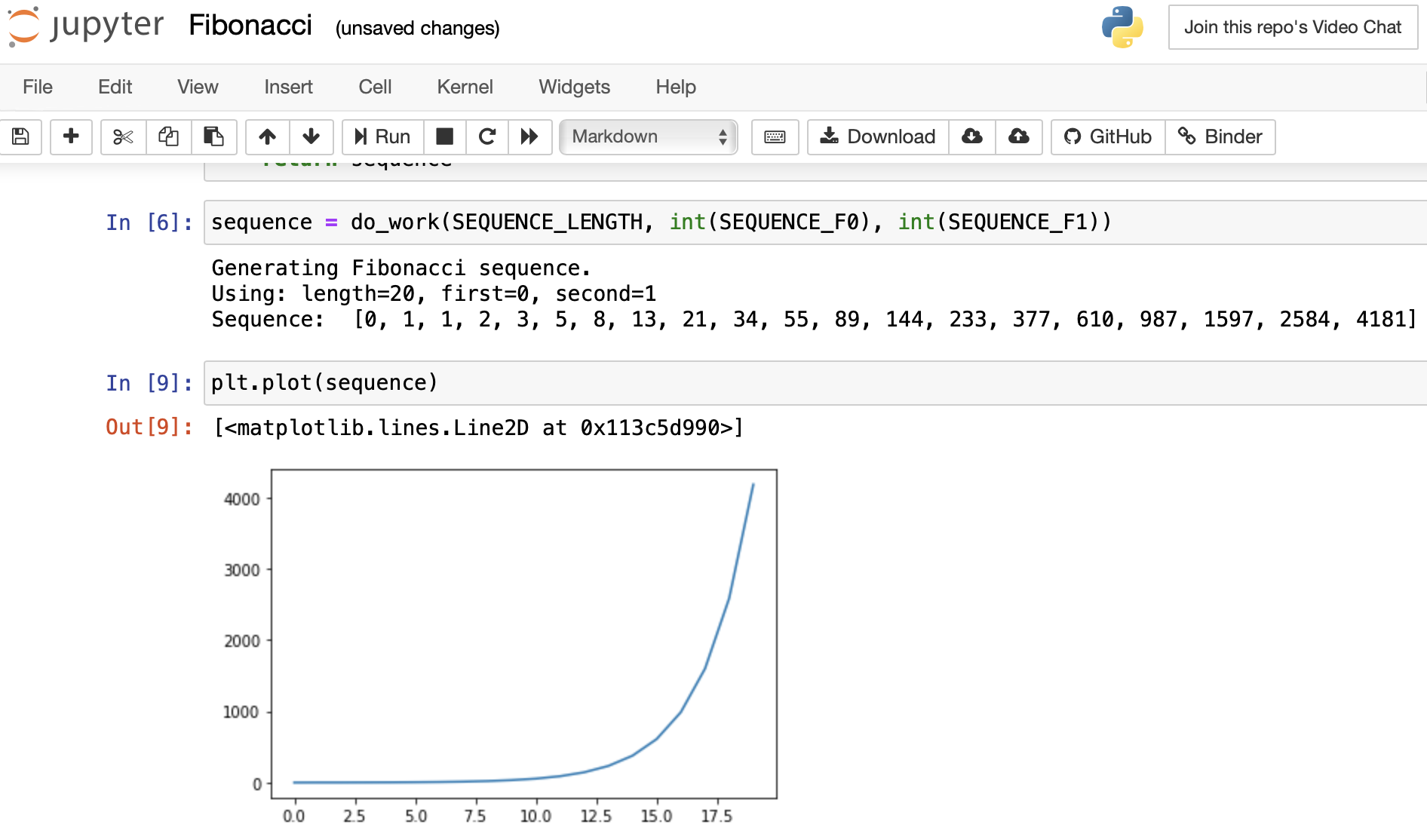Using Docker with bind mount points
Docker, https://docs.docker.com/get-started/overview, is an open platform for developing, shipping, and running applications. Docker enables separation of ‘containerised’ applications from local computing infrastructure. It’s a popular way of preparing programmes to share with others (https://hub.docker.com) and to run on remote computers also. Using docker means not having to have complex software server applications installed locally. Instead […]

